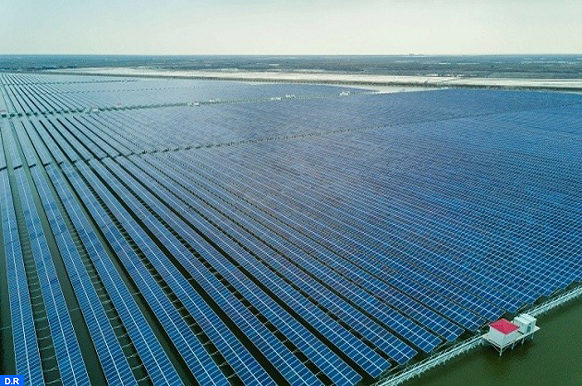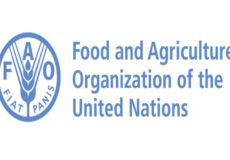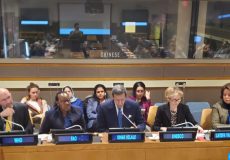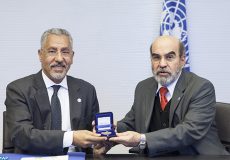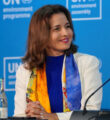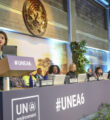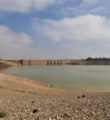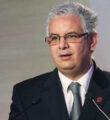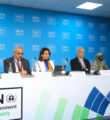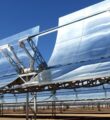Solar Energy: Morocco Taking Advantage of Abundant Resource, US Channel
Washington – US TV channel PBS highlighted efforts made by Morocco in the solar energy field, underlining that Morocco is taking advantage of an abundant natural resource, unobstructed sunlight, to power part of the North African nation.
“Morocco does have sunlight, about 3,000 hours of sun every year and harnessing that light is an evolutionary leap for the country,” said the TV channel in a news coverage on Tuesday entitled “Morocco turns the Sahara desert into a solar energy oasis”.
The TV channel underscored that “HM King Mohammed VI is making a huge bet on clean energy and the goal is that renewables will power half of this country by 2040. Within this strategy, Noor, the 9-bn dollar solar plant, is the flagship project.”
“Glimmering in the Sahara Desert, a first-of-its-kind solar energy plant is so vast, it can be seen from space. From the air, it’s an ocean of reflective mirrors, but on the ground, as we drive into Noor, sunglasses are mandatory protection from the blinding rays,” commented the channel’s special envoy.
“Noor uses CSP, or concentrated solar power. Concave mirrors direct the sun to a middle tube to heat an oil solution. The mirrors rotate as the sun moves, like sunflowers. The heated fluid, which reaches 750 degrees Fahrenheit, produces steam to power a turbine,” it explained.
The TV channel added that the next phase “Noor 3”, still under construction, will be the highest building in Africa, with 246 meters. It will incorporate a newer technology, where 7,000 flat mirrors bounce the sun’s rays to the tip of the tower.
The solar energy is stored in molten salts, which means the plant can keep making electricity for seven hours after sunset, PBS said.
“When it’s finished later this year, Noor will provide electricity to over two million people. It has generated high expectations for Morocco and the future of solar power,” it concluded.



